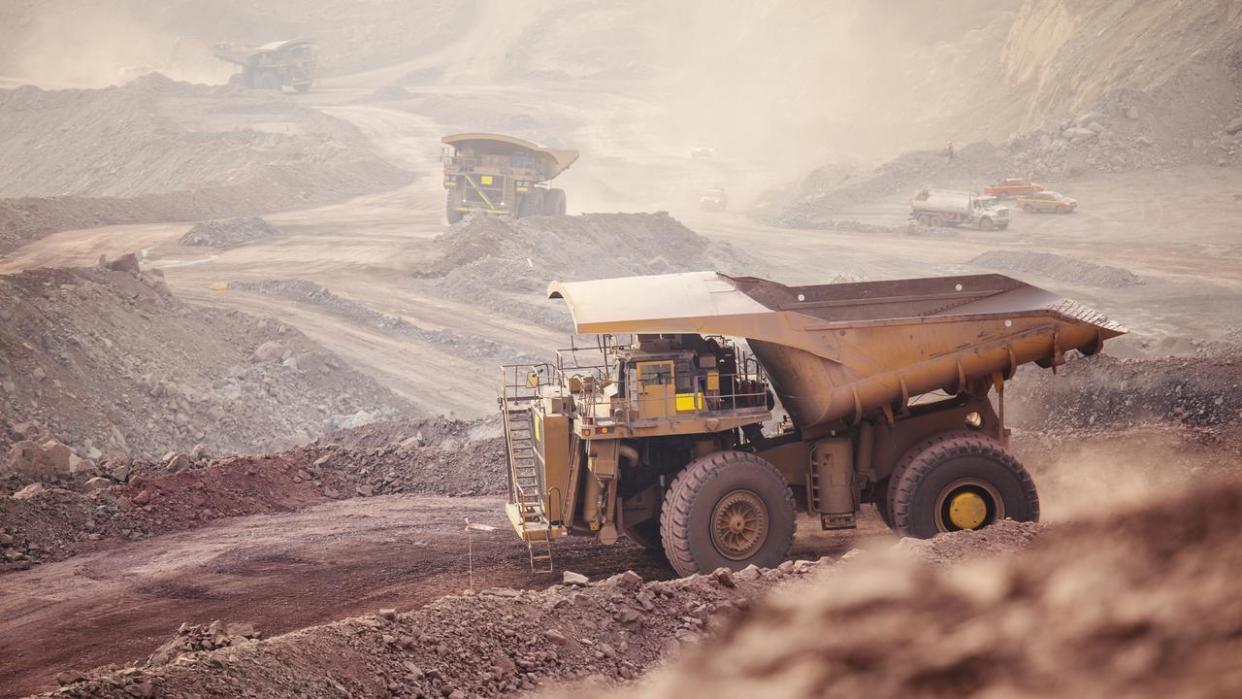‘No excuse’: Construction giant’s safety fail

A Melbourne quarry has faced legal action after failing to protect workers from dangerous dust particles that could cause lifelong disease.
WorkSafe inspectors made the alarming discovery after visiting the Montrose Quarry in Melbourne’s east in September 2019.
Inspectors found several workers were being exposed to levels of respirable crystalline silica that exceeded workplace exposure standards.
Found in sand, stone and mortar, the dangerous substances can become lodged deep in the lungs, causing illness or even silicosis.
Silicosis is a scarring of the lungs caused by inhaling unsafe levels of silica dust and cannot be reversed.
The dust particles were observed by investigators during the blasting, crushing, mixing and transferral of quarried rock.
Appearing before the Melbourne Magistrates Court, operator Boral Resources (Vic) Pty Ltd was found to have failed to reduce the risk of serious illness or death by requiring its workers to wear respiratory equipment and to provide supervision those measures were taken.
Boral was convicted in court and fined $180,000 and ordered to pay $13,886 in legal fees.

Boral is one of the largest integrated construction materials companies in Australia, according to their website.
Their work includes quarry and cement infrastructure, bitumen, construction materials recycling, asphalt and concrete batching operations.
WorkSafe health and safety director Narelle Beer said the risks associated with silica and the available control measures were well known.
“There is simply no excuse for placing your workers at risk of developing deadly lung conditions such as silicosis,” Dr Beer said.
“This insidious and incurable disease does not discriminate.
“WorkSafe will not hesitate to take strong action against those failing to protect their workers, regardless of the industry.”
A range of measures can be employed by companies to guard against silica dust exposure, including adequate dust suppression, atmospheric monitoring, and training in managing high-risk work.

 Yahoo Lifestyle
Yahoo Lifestyle 
